
The computer market today is more competitive than ever and that means there has to be both good and bad options. When you have to pick out the best brand for you, it can be a difficult choice. With all of these options, how are you to know which brands are the best choices?
More importantly, any list of the best laptop brands also has to have some not-so-great options. Everyone’s experience with laptops is different and one brand might work great for someone while it’s an awful experience for someone else. Ultimately, how well a laptop works is very subjective.
To determine our list of the worst laptop brands to avoid, we used a combination of online reviews, Laptop Mag Tech Support Showdown, and the 2023 American Consumer Satisfaction Index to rank the worst laptop brands you can purchase today.
#10: ASUS
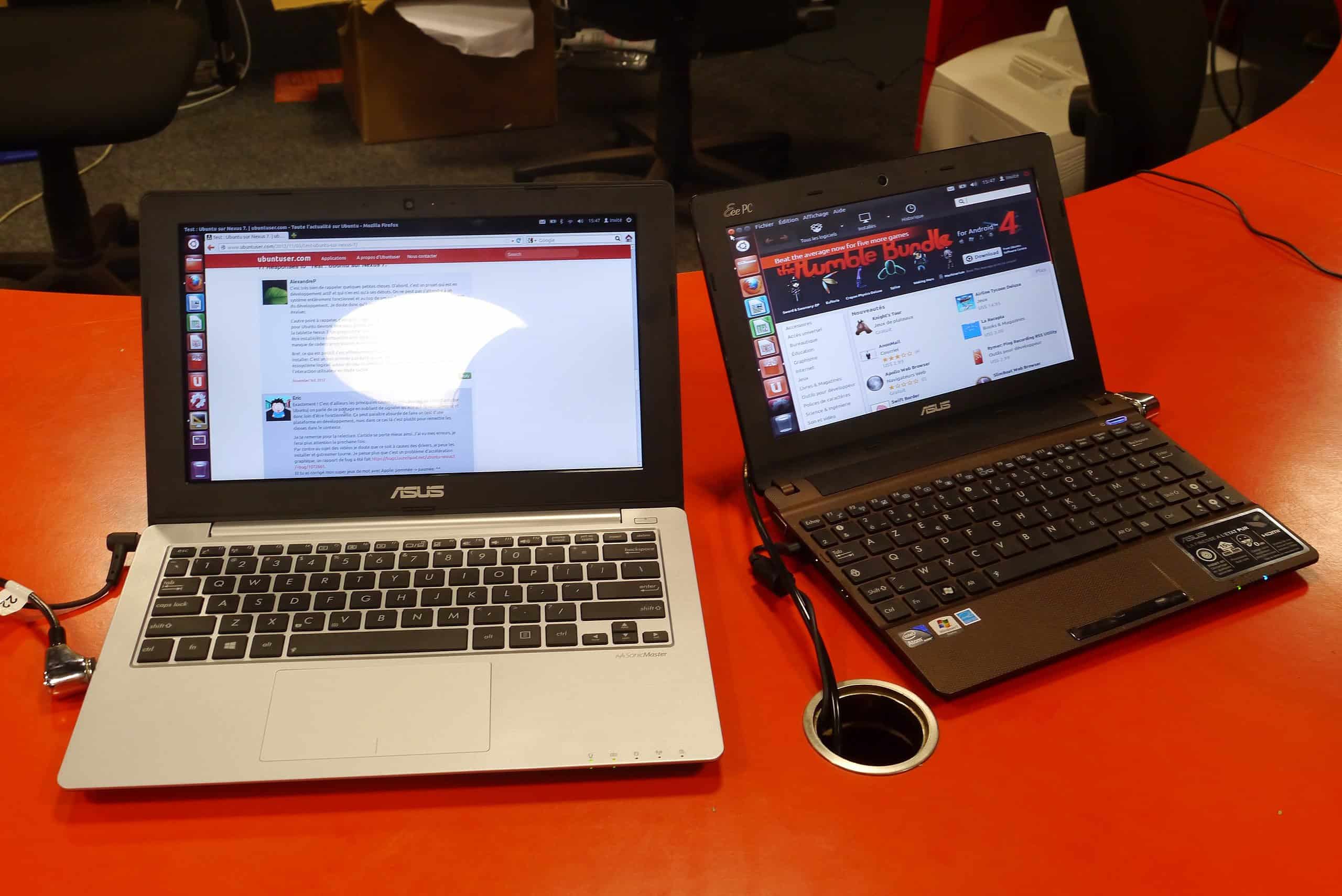
Ranking right above Lenovo on the American Customer Satisfaction Index 2023 study, a score of 78 indicates customers are not satisfied with ASUS laptops. ASUS has a very strong name in the laptop space and should be very concerned about this survey result. The company has looked to create its niche in the market by finding a good balance between price and performance.
On the plus side, ASUS has its Republic of Gamers (ROG) laptops which offer a wide set of laptop options. If you can look past the higher price tag on ROG laptops, its overall build quality has brought ASUS down in 2023. What helps ASUS rank slightly higher on this list is Laptop Mag’s overall tech support result.
As the fourth-best finisher in its 2023 study, ASUS earns back a little street cred the ASCI looked to knock down. The best that can be said about ASUS is to research carefully and buy with eyes wide open.
#9: Samsung
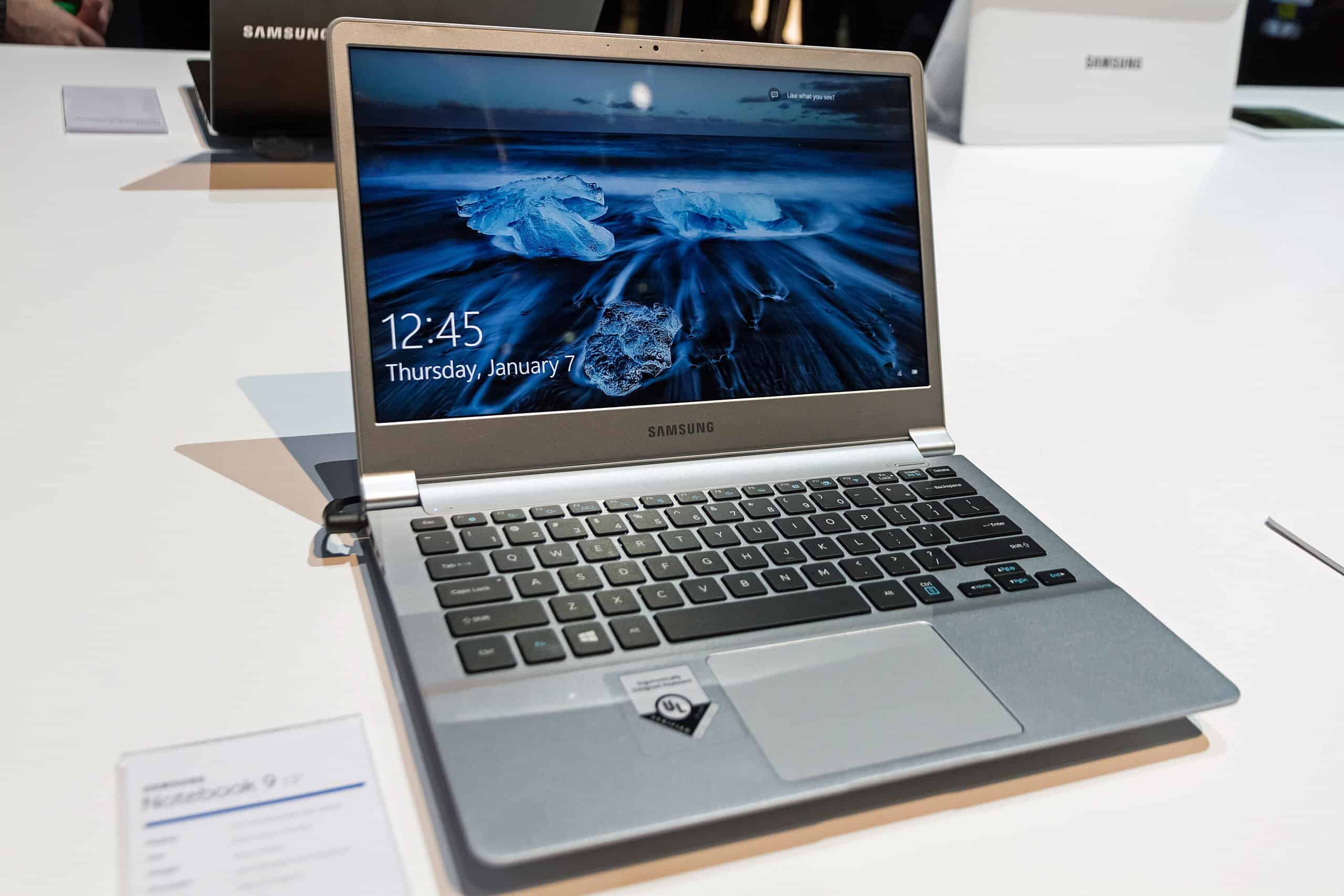
When it comes to Samsung laptops, it’s a bit of a mixed bag. You are either going to get a great machine or a bad one. There is no middle ground. Samsung’s Chromebooks, in particular, tend to be subpar laptops that feel like they are using whatever leftover components didn’t get into Windows machines. Samsung plugs the Window-based Galaxy Book as its best laptop, but online reviews are painful to read.
Between screen quality, disappointing keyboards, and subpar webcams, Samsung laptops don’t quite live up to the promise of its smartphones or televisions. It ranked near the bottom of Laptop Mag’s tech support survey in third place. Chief among complaints was finding the right spot to get help. With so many different avenues available, Samsung customers expressed concern over finding the right guides or FAQs.
#8: MSI
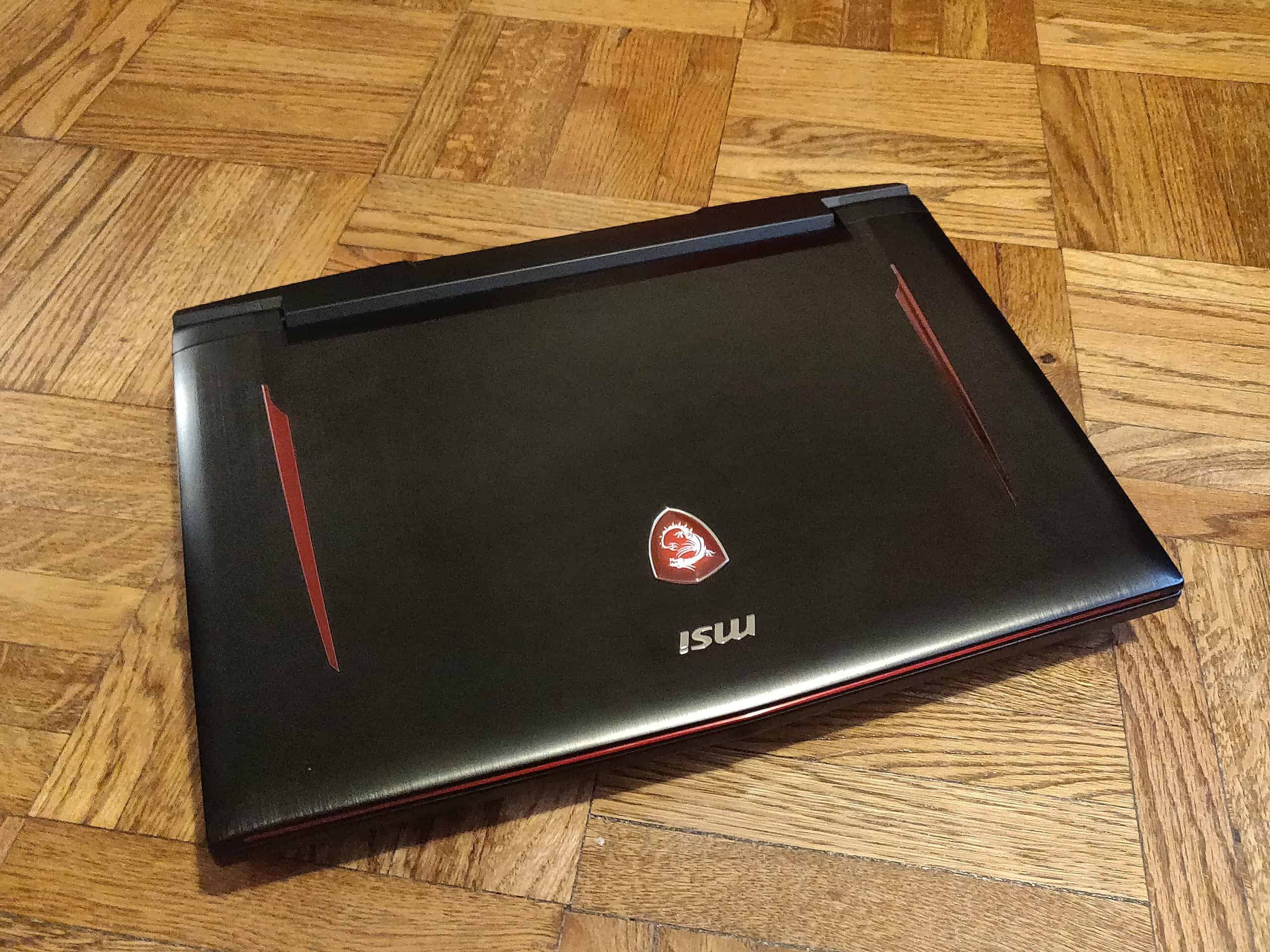
Ranking very poorly on Laptop Mag’s tech support showdown 2023, MSI laptops have a strong presence in the market but are not recommended. You can currently find MSI laptops for right around $500 up to several thousand dollars. Where Laptop Mag believes MSI falls is that it offers almost no social media presence, making it difficult to get in contact for any hardware issues. Similarly, MSI doesn’t offer a support app either for laptop owners to individually troubleshoot computer hardware problems.
Arguably best known for its gaming laptops, MSI is mostly a niche brand for those knowledgeable in the PC gaming space. For more general consumers, the MSI name is unknown and when you combine it with disappointing customer service scores, it’s hard for anyone to recommend purchasing an MSI laptop today. The lone bit of good news for MSI is that it does have a strong name in the gaming community, so this is the space it can use to turn around its reputation.
#7: LG
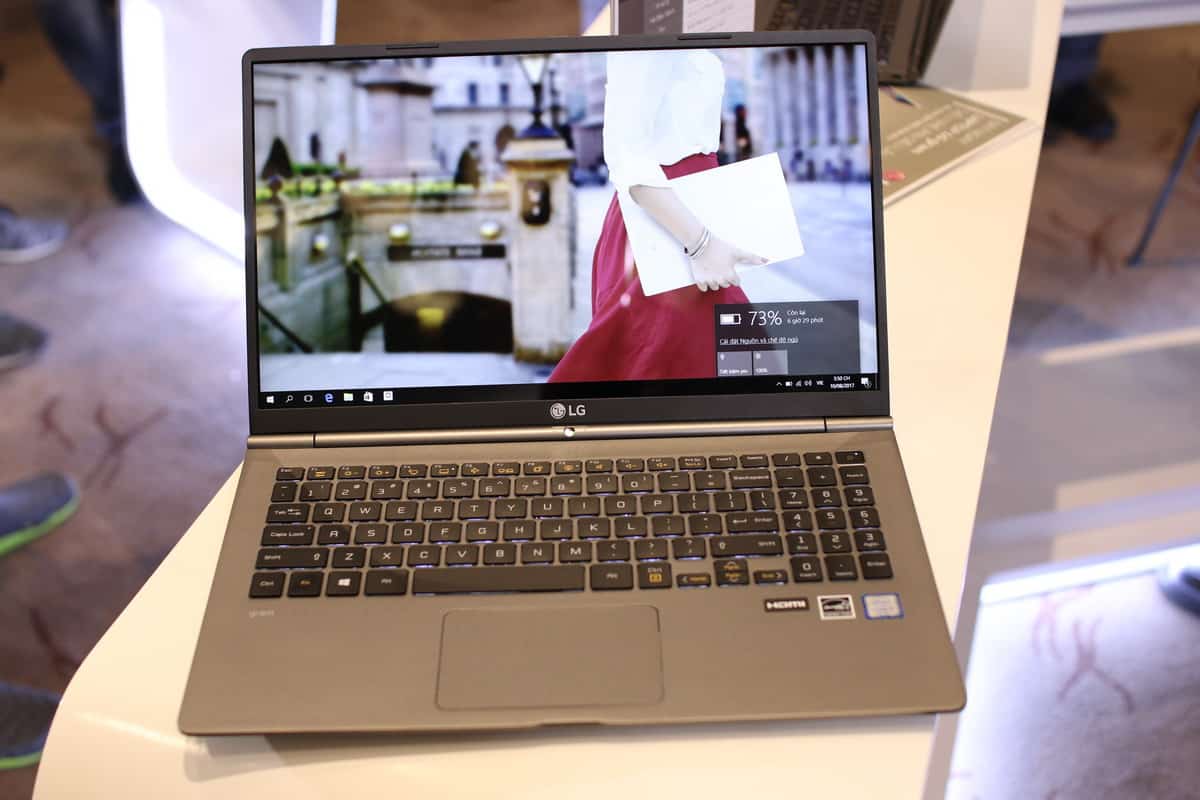
Like Sony, LG has carved out quite a name for itself in the TV space. Its OLED televisions are widely considered among the best models you can buy today. Unfortunately, the same cannot be said for its laptops.
While popular models like the LG Gram might be well known, LG’s lack of a strong customer support presence for its laptop lineup makes it challenging to recommend. On top of customer service, the LG Gram series comes with one of the most uncomfortable touchpads around.
Unfortunately for LG, its laptop presence is so small that it doesn’t even rank on the Laptop Mag tech support showdown or the American Customer Satisfaction Index for 2023. Given its lack of presence on either list, it’s worth considering how committed LG is to the laptop space. If LG can find a market for its laptops like it does its television, there is hope, but it’s little more than wishful thinking right now.
#6: Lenovo
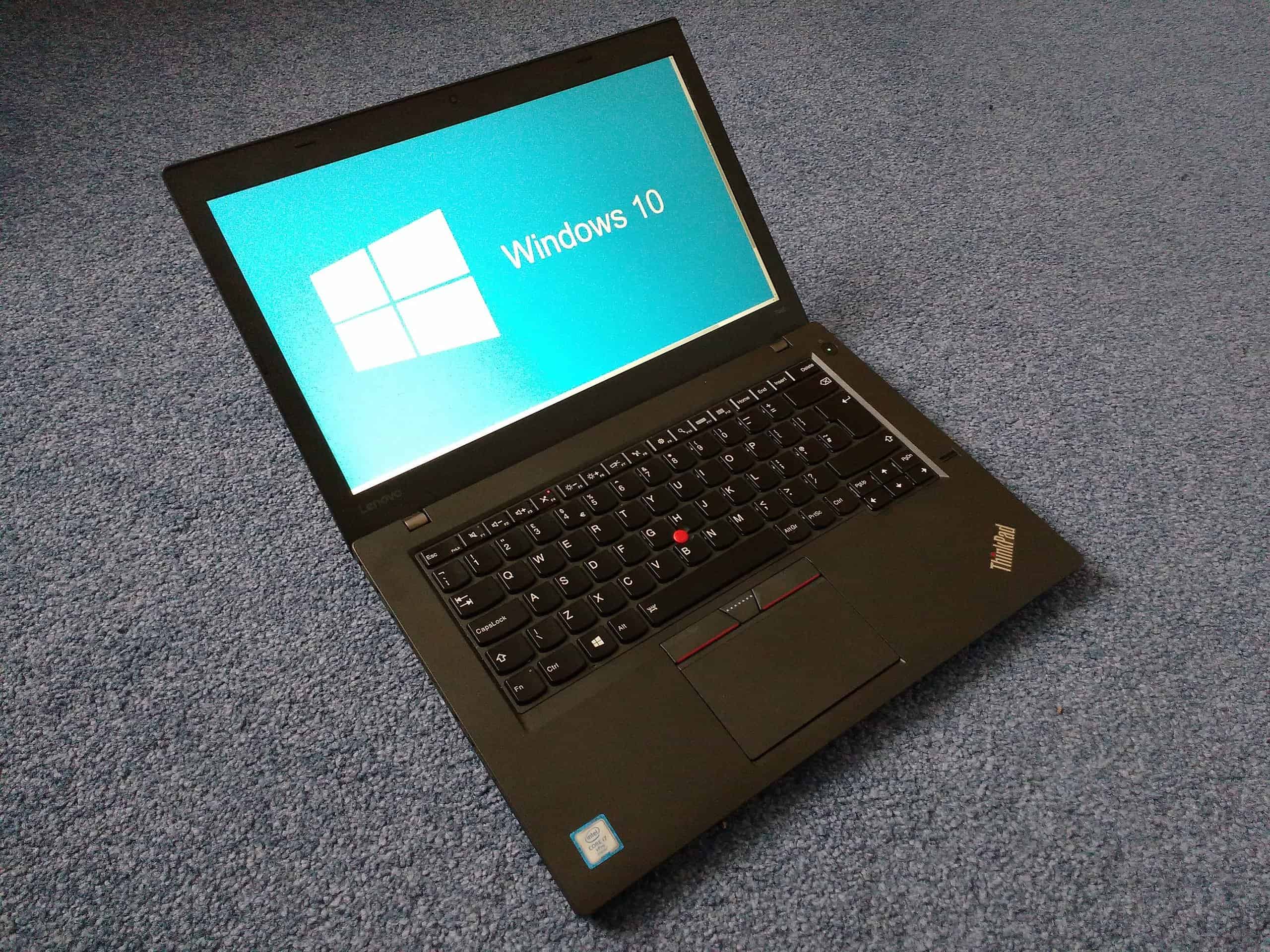
Ranking last on the ASCI 2023 study with a 78 score, Lenovo is a laptop brand to avoid. The challenge is that Lenovo has cast a wide net in the laptop world, especially among large and small businesses. It’s believed that Lenovo accounts for almost 23% of the global PC market share. The reason for its staple presence is its willingness to make laptops for customers from all walks of life.
It’s this wide manufacturing process that brings us to the heart of Lenovo’s issue. Lenovo is trying to do so much for so many it’s impacting customer service. It’s almost as if you need to split up Lenovo into the business laptop recommendation and the consumer one.
If you are a business user, buying a Lenovo laptop makes more sense as you have more leeway to get repairs. On the consumer front, it’s harder to recommend Lenovo in the event you have any customer support issues.
#5: Microsoft
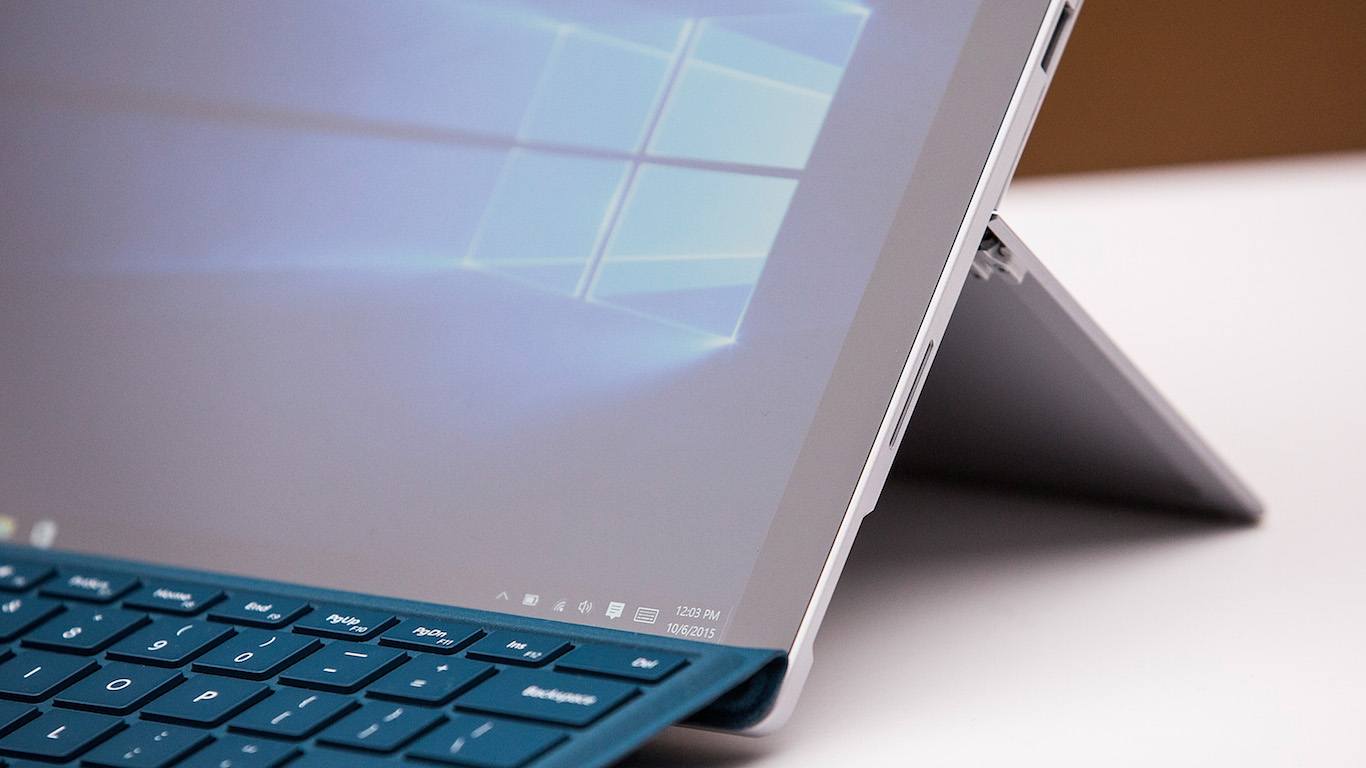
Adding Microsoft to any list of the worst laptop brands available today is no doubt going to be controversial. For a while, Microsoft seemed like it could do no wrong in the laptop space. Today, it’s hampered by a lack of ports, no SD card reader on many of its laptops, no options for gaming, and removing AMD processors from several models.
The lack of versatility and choice is hampering what is otherwise solid build quality from Microsoft. Microsoft’s pricing isn’t all that bad and Laptop Mag places it right in the middle of its tech support showdown. Even with solid customer service, Microsoft is holding its laptops back from greater success. Microsoft either needs to go all in on laptops and commit to providing customers with more features and range or get out of the market entirely.
#4: Toshiba/Dynabook
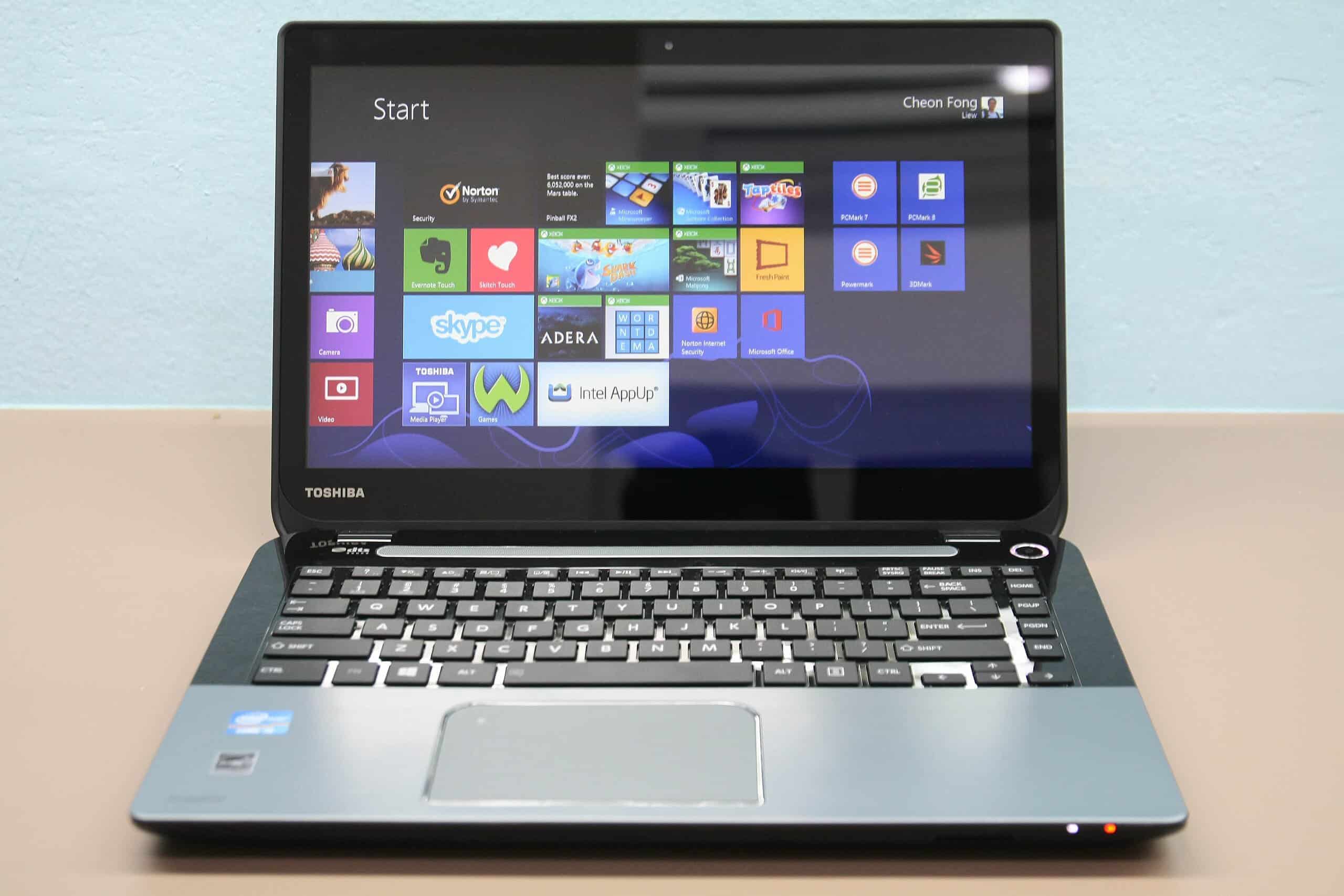
While Toshiba itself exited the laptop business in 2020, it’s still licensing its name to Sharp. A one-time computer giant in the late 1990s and 2000s, Toshiba has seen tough times over the last decade. Toshiba saw its market share diminish as more laptop manufacturers entered the market. Today, you can find the Toshiba brand sold under the Dynabook name, and it’s certainly a laptop brand to avoid.
Between Amazon and Walmart, you can find several Dynabook computers with a variety of specs. Where things get bad for Dynabook is that it has almost no reviews. The models that do have reviews speak poorly about overall build quality and performance. What’s more, Dynabook expects you to spend upwards of $2000-$3000 on an untested laptop with outdated processors and only HD displays.
#3: Sony VAIO
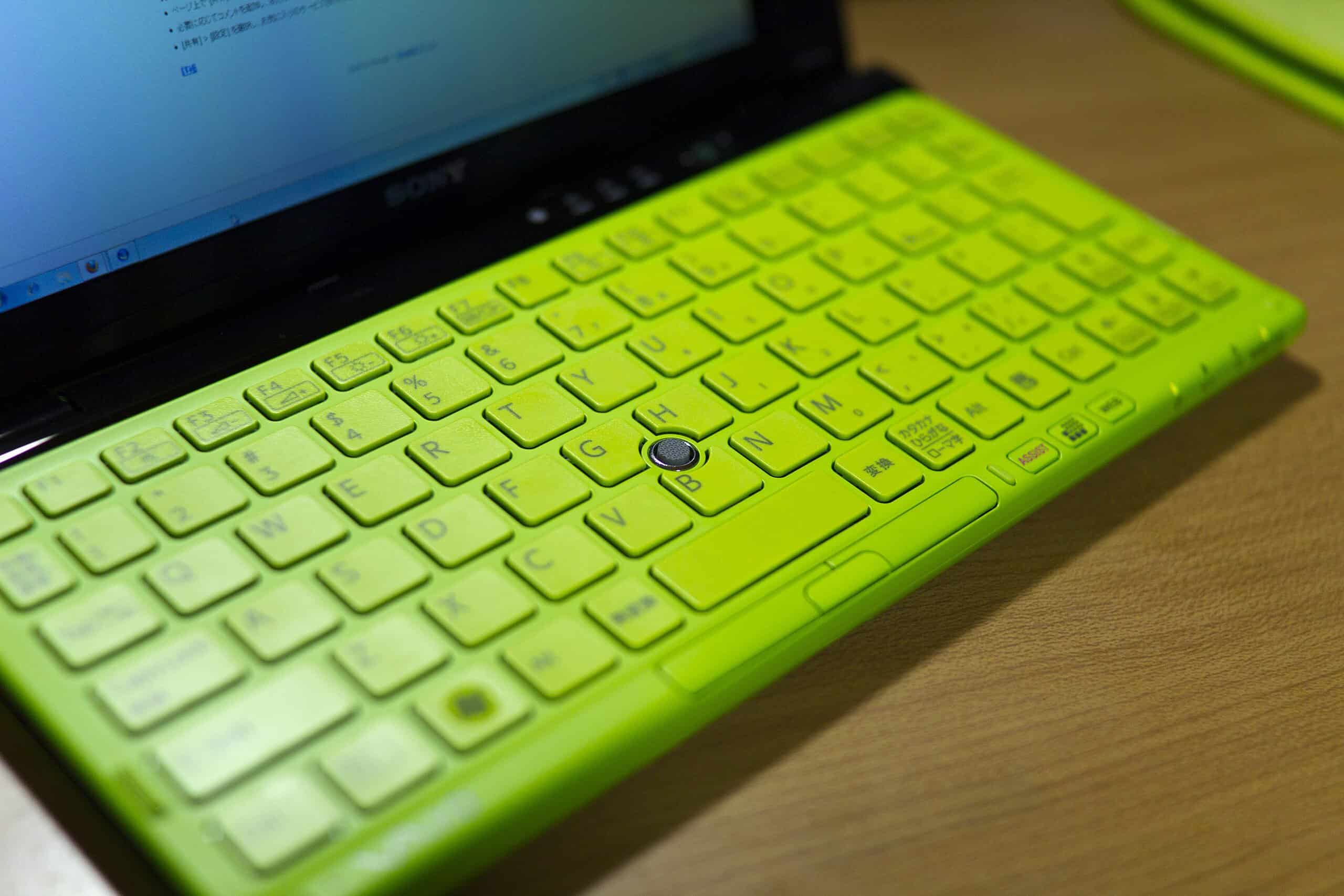
You can say a lot of great things about Sony with its televisions and the PlayStation 5. Unfortunately, the same cannot be said about its VAIO laptops. The VAIO name was spun off in 2014 as Sony began to focus more on other products in its lineup. As of 2024, Sony currently sells laptops in countries like the U.S., Japan, India, and Brazil. Even with sales in 15-plus countries, it’s an uphill battle for Sony back to laptop glory.
For now, the Sony VAIO brand no longer carries the weight it did 20 years ago. For now, you shouldn’t run out and look for any Sony VAIO laptop products. This said, Walmart carries some Sony VAIO laptops, which are mostly decent specs for the price. However, a lack of customer support and overall confidence in build quality make them difficult to recommend. Given the number of big names still in the laptop space, it’s okay if we remember the Sony VAIO P laptop as the brand’s heyday.
#2: Gateway
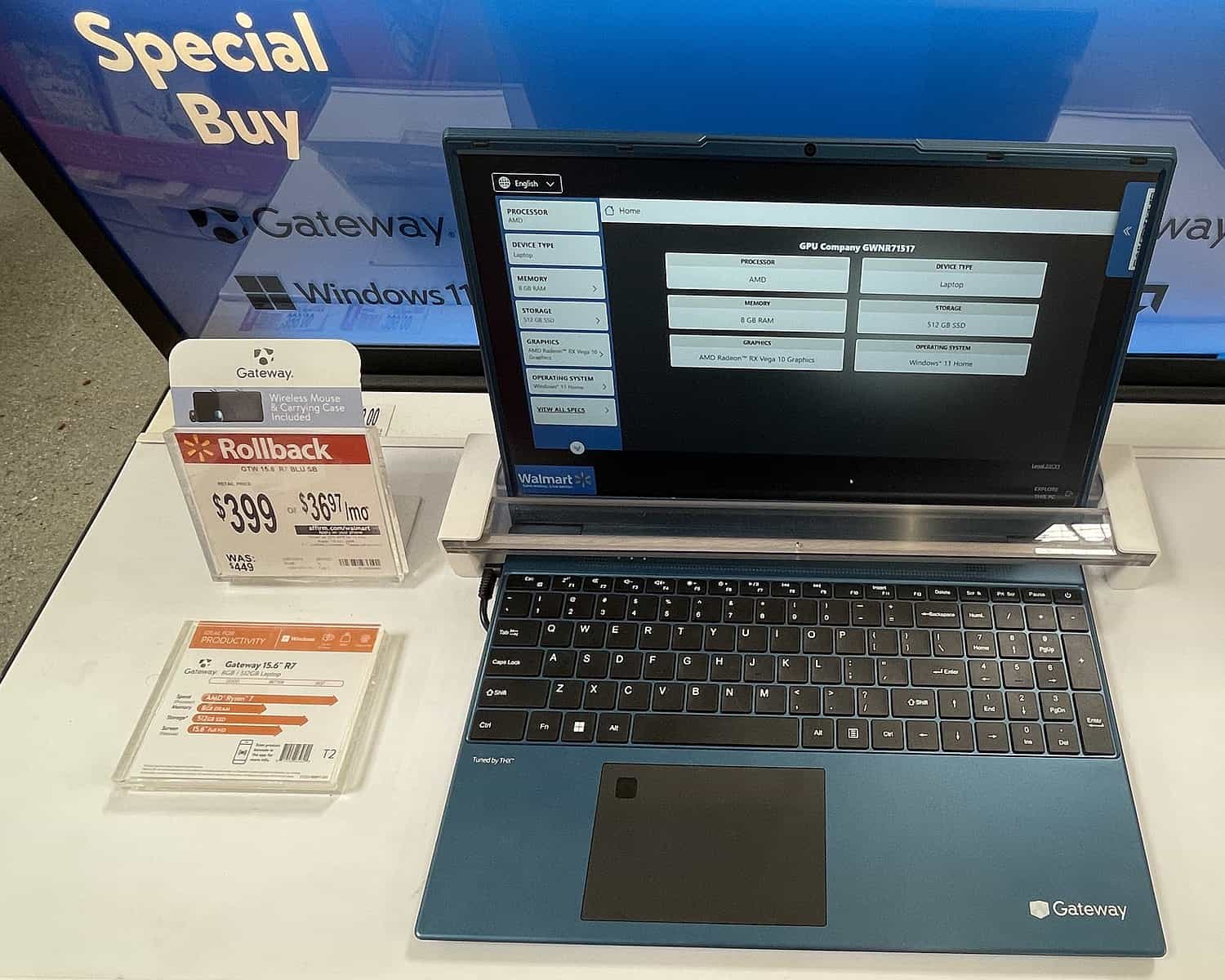
If you’re surprised to see Gateway make a cameo appearance on a laptop list, it’s okay. Just a few years ago, many people would have believed the once giant computer manufacturer was long gone. The good news is that Gateway is still alive and kicking. So alive, it still offers a wide range of laptops through Amazon and Walmart. The bad news is that it’s difficult to recommend Gateway over similarly priced competition.
Gateway’s popularity has stemmed from very low prices on moderately specced laptops, specifically at Walmart. The hard reality is that these low prices are meant to drive Gateway products off shelves and not much more. With Walmart discounting Gateway computers by a considerable margin over the holidays, the increased attention highlights all of Gateway’s faults. The result is an endless parade of YouTube review videos that highlight all of the reasons not to buy one of the machines.
Poor performance, too much heat or screen glare, and squeaky keyboards are just a few of the reasons to skip out on Gateway.
#1: HP
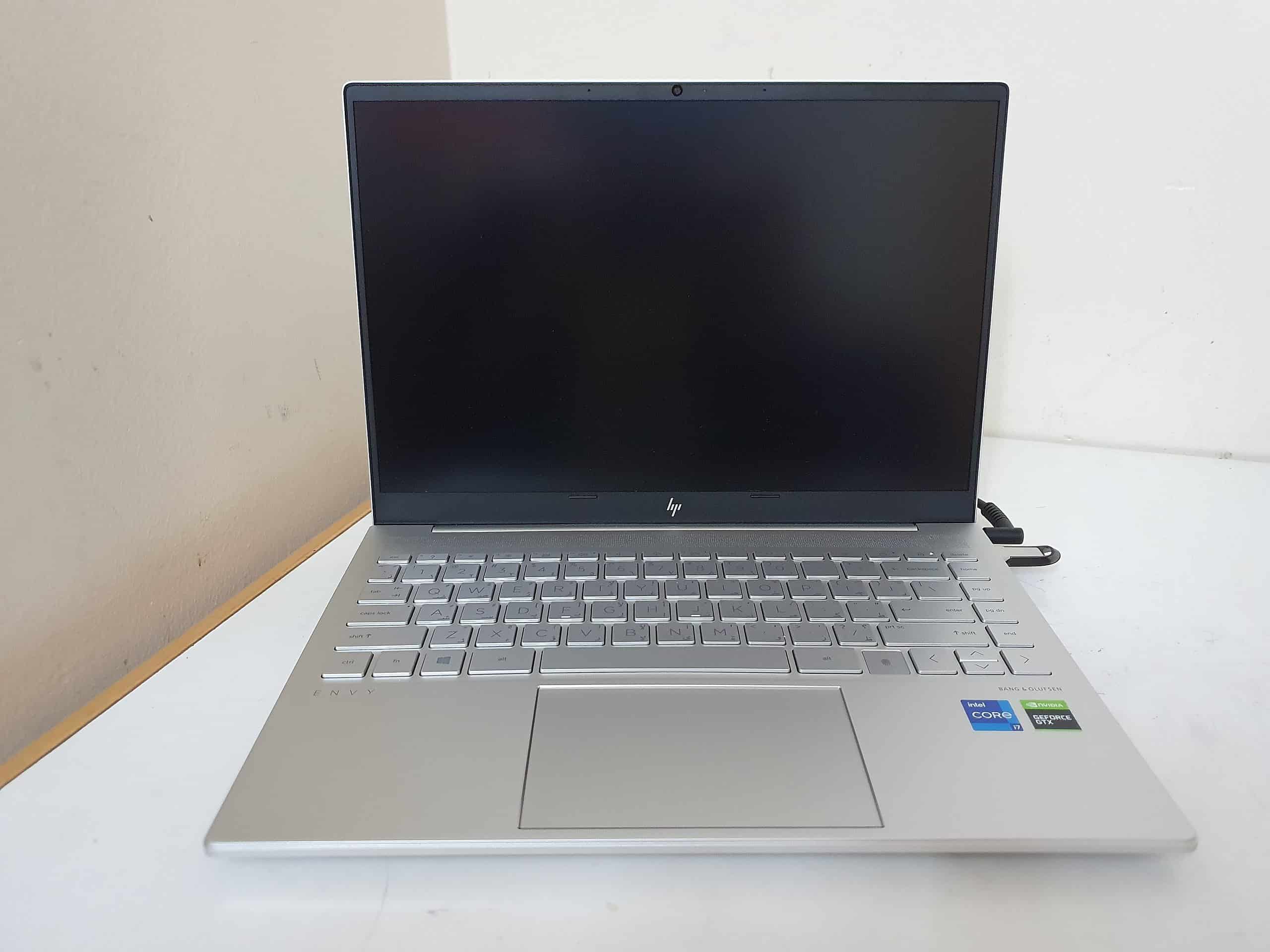
Holding 22.5 percent of the computer market in 2023, HP is as much of a giant as Lenovo. HP has arguably the broadest selection of consumer, gaming, and professional-grade laptops. The company also has a selection of Chromebooks as it looks to cater to laptop customers of varying needs. Unfortunately, it takes only a few seconds online to discover that HP is one of the least-liked laptop brands around.
Earning a second-to-last ranking on the Laptop Mag study, HP customer service just drives people away. Because of its volume, problems with HP hardware are expected, but the issue is trying to get problems resolved. Chief among online complaints is the absolute lack of support for customers who want to try and self-diagnosis any issues.
Add in squeaky touchpads, hit-or-miss keyboards, and pricing that can quickly get from affordable to expensive and HP is a laptop brand to continue avoiding.
The Average American Has No Idea How Much Money You Can Make Today (Sponsor)
The last few years made people forget how much banks and CD’s can pay. Meanwhile, interest rates have spiked and many can afford to pay you much more, but most are keeping yields low and hoping you won’t notice.
But there is good news. To win qualified customers, some accounts are paying almost 10x the national average! That’s an incredible way to keep your money safe and earn more at the same time. Our top pick for high yield savings accounts includes other benefits as well. You can earn up to 3.80% with a Checking & Savings Account today Sign up and get up to $300 with direct deposit. No account fees. FDIC Insured.
Click here to see how much more you could be earning on your savings today. It takes just a few minutes to open an account to make your money work for you.
Our top pick for high yield savings accounts includes other benefits as well. You can earn up to 4.00% with a Checking & Savings Account from Sofi. Sign up and get up to $300 with direct deposit. No account fees. FDIC Insured.
Thank you for reading! Have some feedback for us?
Contact the 24/7 Wall St. editorial team.



